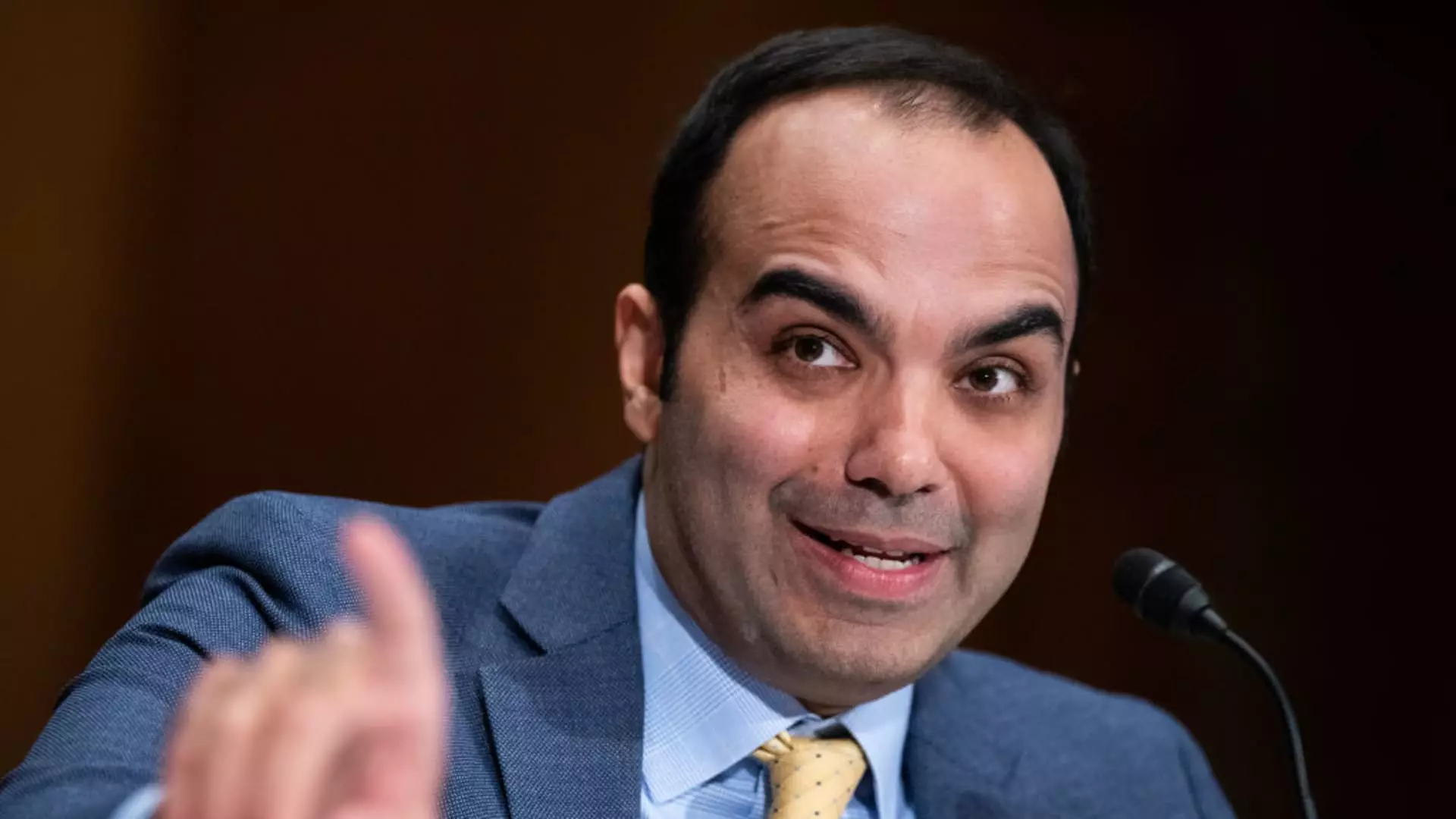The landscape of financial services is undergoing a significant transformation, influenced largely by rapid technological advancements and the increasing prevalence of nonbank financial entities. On a notable Thursday, the Consumer Financial Protection Bureau (CFPB) took a decisive step by finalizing a new rule aimed at supervising nonbank firms that facilitate critical financial services such as payment processing and wallet applications. This rule is particularly focused on tech giants and payment companies that handle an impressive volume of transactions—specifically, those exceeding 50 million transactions annually. By imposing regulations typically reserved for traditional financial institutions like banks and credit unions, the CFPB aims to underscore the importance of compliance within this burgeoning sector.
Under the new regulation, several high-profile companies automatically come under the microscope, including tech behemoths like Apple, Google, and Amazon alongside established fintech firms such as PayPal and Block, and popular peer-to-peer services like Venmo and Zelle. The expanded oversight is not merely a bureaucratic exercise; it represents a fundamental shift in how these digital transactions will be monitored and evaluated, reflecting the CFPB’s intent to enforce adherence to financial regulations that govern conventional banks.
This move comes as a response to a growing dependency on digital payment systems by consumers, many of whom now rely on these apps as their primary means of conducting transactions. According to CFPB Director Rohit Chopra, the evolution of digital payments from a niche offering to an everyday necessity has prompted a corresponding evolution in regulatory oversight. By framing the rule as a means of enhancing consumer protection, Chopra articulates a vision where safeguarding privacy and preventing fraudulent activities take center stage to foster trust in digital financial services.
As we adapt to a cashless society, consumer habits have shifted notably. Increasingly, individuals view payment apps as quasi-bank accounts—using them to store funds and carry out daily purchases. The popularity of these applications is particularly pronounced among lower- and middle-income demographics, who have adopted this technology at an accelerated pace. The CFPB noted that these services collectively manage more than 13 billion payments annually, facilitating over a trillion dollars in consumer transactions—signifying a monumental extension of digital finance’s footprint in everyday life.
While the initial proposal would have applied to a larger number of firms, the final rule raised the transaction threshold to 50 million, resulting in a more focused oversight that now includes only seven firms. This strategic decision acknowledges the regulatory burden on smaller companies while ensuring that the most influential players are held accountable for their operational practices.
Interestingly, the banking industry has largely backed the CFPB’s new rule, marking a rare moment of unity between traditional banks and regulatory bodies. Financial institutions have criticized what they see as unfair competition from tech companies that have traditionally evaded rigorous regulatory scrutiny. This new rule potentially levels the playing field, establishing consistent oversight across different sectors of financial services. By addressing disparities in regulation between banks and tech firms, the CFPB aims to create a fairer competitive environment, establishing guidelines that all entities must adhere to.
The implementation of this rule is due to take place 30 days after its publication in the Federal Register, prompting speculation about how future administrations may influence or conflict with this regulatory framework. With changing political dynamics, the longevity of this oversight remains uncertain, particularly given the fluctuating attitudes toward regulation in financial technology. Should the incoming administration decide to either modify or dismantle these regulations, the effects on the consumer trust and security landscape could be profound.
The CFPB’s comprehensive rule represents a proactive stance towards ensuring that modern payment facilitators maintain the legal and ethical integrity that consumers expect. As digital payment platforms continue to proliferate, the interplay between innovation and regulation will undoubtedly shape the future of financial services—challenging both regulators and industry players to adapt swiftly to this evolving paradigm.

